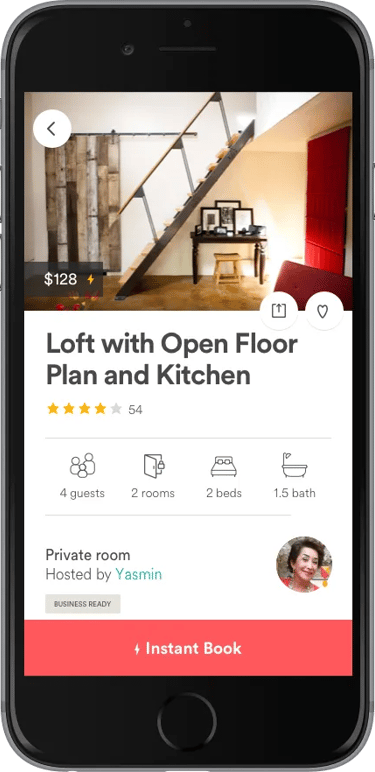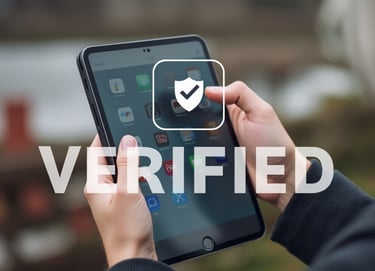Master Your Airbnb Listing: Proven Strategies to Maximize Bookings (Part 1)
Hey there, future Airbnb mogul! If you're looking to rake in those bookings like leaves in your newly swept courtyard, you've got to make your Airbnb listing pop. Here's how you can give your listing that special sauce.
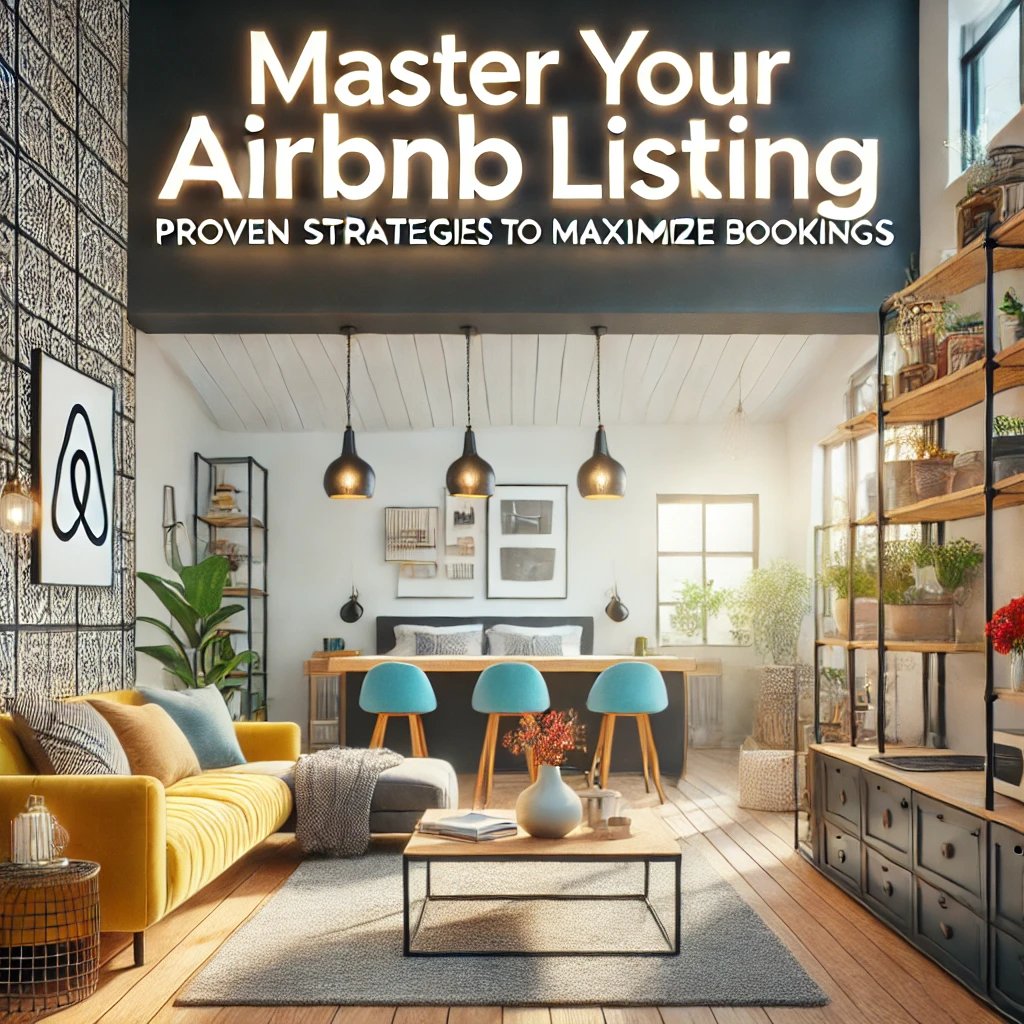

1. Whip Up a Killer Listing Title
Your Airbnb listing’s title is one of the most important elements in attracting potential guests. It serves as the first impression and can determine whether someone clicks on your listing. With so many properties available, a well-crafted title is essential for standing out.
Why First Impressions Count
The title of your listing should quickly convey what makes your property appealing. A generic title like "Nice Apartment" won’t catch attention in a crowded marketplace. Instead, the goal is to highlight key features or create a sense of interest that encourages potential guests to learn more.
Be Clear and Concise
Your title should be short but descriptive. Since you only have a limited number of characters, choose your words carefully. Instead of "City Apartment," consider something like "Stylish Loft with Skyline Views" or "Modern Downtown Apartment with Rooftop Terrace." This not only describes the property but also highlights features that might attract guests.
Emphasize Unique Features
Consider what sets your property apart and mention it in the title. If you have a private garden, a pool, or scenic views, make sure to include these details. For example, "Beachfront Cottage with Private Pool" or "Mountain Cabin with Hot Tub and Scenic Views" are much more appealing than simple descriptions.
Use Keywords for Search Optimization
Including relevant keywords in your title can improve your listing’s visibility in search results. Think about what potential guests might be searching for. Terms like "luxury," "cozy," or "pet-friendly" are commonly searched and can help your listing appear when guests filter by preferences. If your property is located near a popular landmark, mentioning that can also improve searchability.
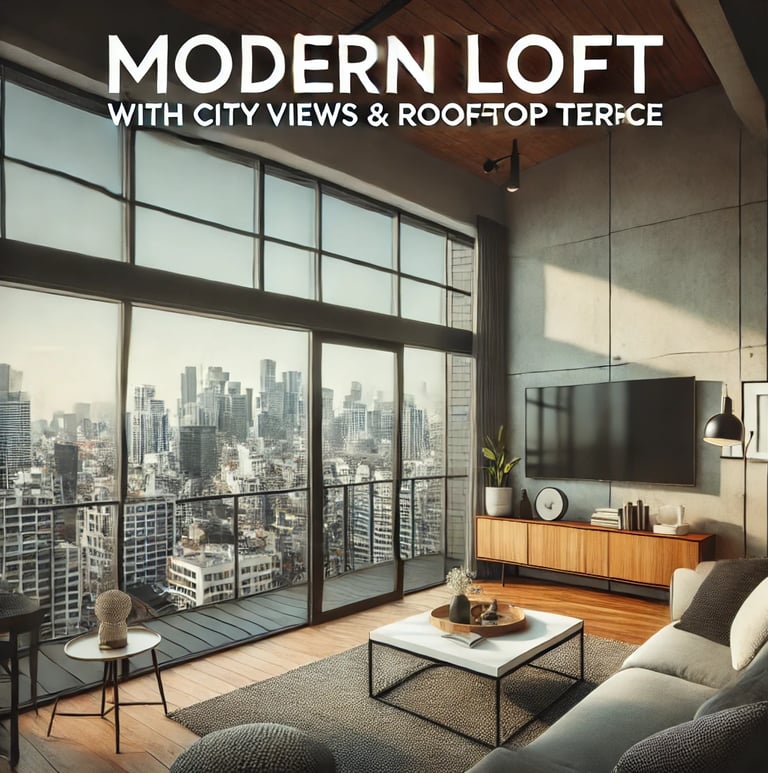

Examples of Effective Titles
"Modern Loft with City Views & Rooftop Terrace" – Highlights both a feature (the view) and an amenity (rooftop terrace).
"Beachfront Bungalow with Private Pool" – Focuses on the location and a unique feature.
"Cottage Near Wine County – Pet Friendly" – Attracts travelers looking for a countryside escape with their pets.
"Downtown Studio with Fast Wi-Fi – Ideal for Business Travellers" – Targets business travellers with relevant features.
2. Craft a Description That Captivates
When it comes to your Airbnb listing, the description is a key tool for attracting potential guests. It’s more than just listing the basic amenities; it’s about creating a narrative that helps visitors imagine their stay and the experiences they can have while they’re there. Think of your description as a story, with the guests as the main characters who will experience it.
Paint a Vivid Picture
Your description should help potential guests visualize themselves in your space. Instead of simply stating that you have a coffee maker, you might describe the pleasure of brewing a cup of freshly ground coffee in the morning and enjoying it on your sunlit balcony while watching the sunrise. This paints a vivid picture that resonates and evokes emotion.
Highlight Unique Features
Does your property have a great espresso machine? Are there stunning views from the living room? Does your backyard feature a fire pit for evening gatherings? Mention these unique features to set your listing apart from others. Instead of just saying “great views,” you could write, “Wake up to breathtaking views of the city skyline every morning.” Describing these elements in an engaging way can generate excitement and interest in potential guests.
Create an Atmosphere
Consider the atmosphere you want to convey. Is it a cozy cabin in the woods, a modern urban apartment, or a beachfront retreat? Your choice of words can evoke feelings associated with those settings. Use descriptive language that helps guests imagine the ambiance, such as "unwind in the warm comfort of the living room after a day of exploring" or "enjoy a romantic dinner on the terrace under a starry sky."
Tell a Story
Incorporate a narrative element into your description. For example, you might share how your property is the ideal getaway for families looking to create lasting memories or for couples seeking a romantic escape. Briefly mention the history of the place or its unique charm. This storytelling approach helps create an emotional connection between the potential guest and your property.
Include Local Attractions
Mention nearby attractions that enhance the guest experience. Describe local restaurants, parks, museums, or unique experiences they can enjoy while staying at your property. For instance, instead of simply stating that your home is near a beach, you could say, “Just a five-minute walk from your door, you’ll find a beautiful beach, perfect for sunbathing or a sunset stroll, followed by dinner at a beachfront restaurant known for its fresh seafood and laid-back vibe.”
Invite Action
Conclude your description with an inviting call to action. Encourage potential guests to book their stay by emphasizing the unique experience they can have at your property. Phrases like “Book now to enjoy the perfect getaway” or “Reserve your stay today and start making memories” can create a sense of urgency and excitement.
3. Snap Photos Like You're Selling a Dream
When it comes to your Airbnb listing, high-quality photos are crucial. They provide the first impression and act as a virtual tour of your property. In a competitive market, captivating images can be the difference between a potential guest clicking on your listing or scrolling past it. Think of your photos as the VIP pass to your space; they should invite people in and spark their imagination about what it would be like to stay there.
Invest in Professional Photography
While smartphone cameras can take good pictures, hiring a professional photographer can elevate your listing. A professional knows how to capture your space in the best light and angle, showcasing its unique features. They understand composition, lighting, and staging, which results in images that stand out. If hiring a professional is not an option, consider taking a photography course or watching online tutorials to improve your skills.
Capture Natural Light
Lighting is key in photography, especially for interiors. Natural light creates a warm, inviting atmosphere. Aim to take photos during the golden hours—shortly after sunrise and just before sunset—when the light is soft and flattering. Open curtains and blinds to let in as much light as possible, and avoid using flash, as it can create harsh shadows and unnatural colors.
Choose the Right Angles
Angles can significantly affect how a space looks in photos. When photographing rooms, try capturing them from the corners to provide a broader perspective. This technique shows the layout and flow of the space. If you have unique features, like a fireplace or a stunning view, capture those from various angles. Taking photos from a height of around 4 to 5 feet is usually best, as this is average eye level for most people.
Stage the Space
Before taking photos, stage your property to make it look inviting. Remove clutter and personal items to create a clean environment. Add fresh flowers, throw pillows, or stylish decor to enhance the space. For outdoor areas, consider setting up a dining table with place settings or arranging lounge chairs to suggest relaxation.
Include Lifestyle Shots
Along with standard room photos, consider adding lifestyle shots that help potential guests envision themselves enjoying your space. Include images of people engaging in activities that your property allows, like lounging by the pool or having dinner on the balcony. These shots add warmth and illustrate the experience guests can expect during their stay.
Optimize Image Size and Format
When uploading your photos, ensure they are in the correct format and resolution. High-resolution images are important for clarity, especially when potential guests are viewing them on larger screens. However, be mindful of file sizes; excessively large images can slow down your page loading time, which might drive away visitors. Aim for a balance between quality and performance by optimizing your images without sacrificing clarity.
Keep It Fresh
Regularly update your photos to reflect any changes in your property or decor. If you've made improvements or seasonal updates, ensure your listing reflects those changes. Fresh images can also attract returning guests who may want to see what's new. If your property is in a seasonal location, consider updating your photos to capture the beauty of the space at different times of the year.
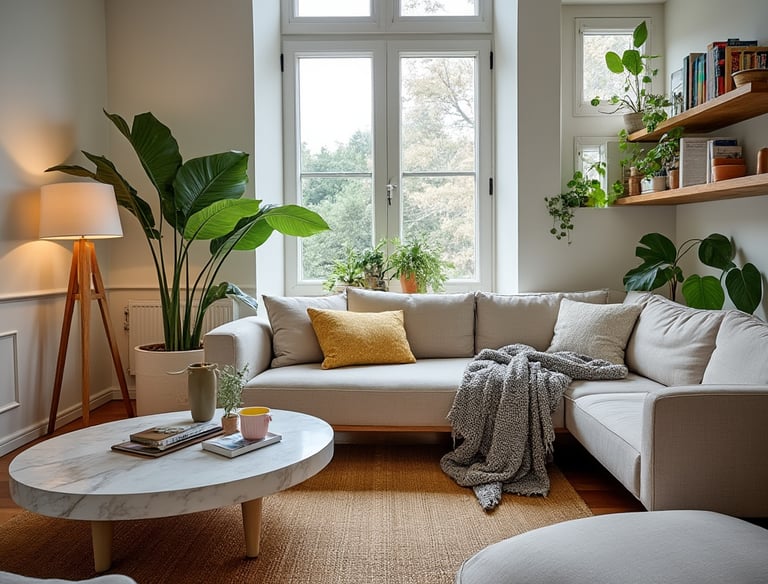

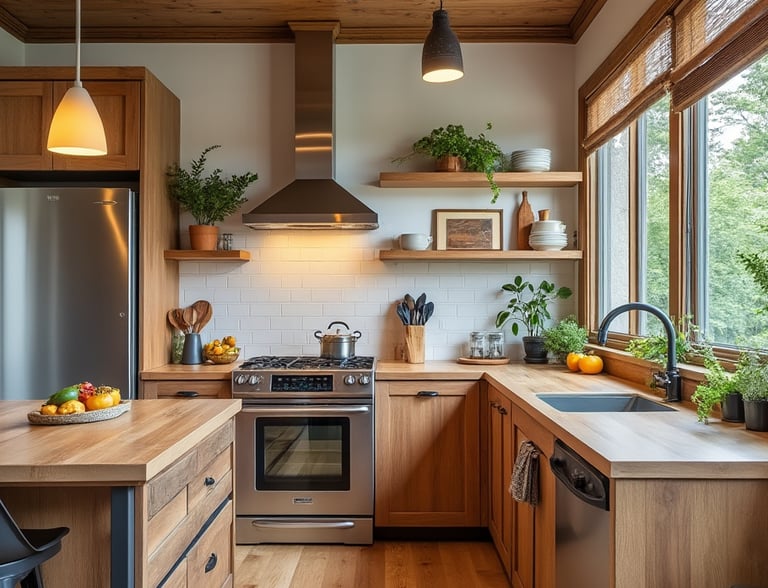

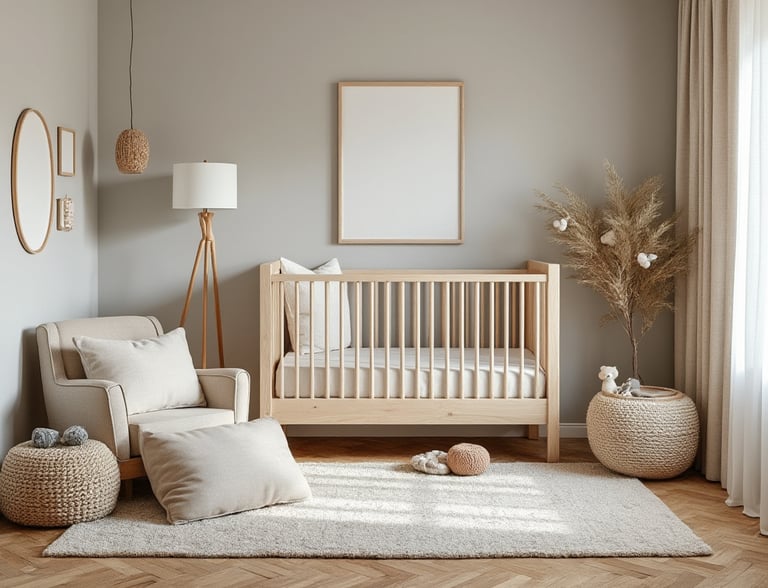

4. Price It Like It's Hot
Setting the right price for your Airbnb listing is crucial for attracting guests and maximizing bookings. It’s important to find the balance between being competitive and ensuring that you make a profit. You want to be the Goldilocks of pricing—not too high, not too low, but just right.
Understand Your Market
Before setting a price, research the market where your property is located. Look at other Airbnb listings in your area to understand what hosts are charging for similar properties. Consider factors such as size, amenities, and location. By comparing your listing to others, you can determine a competitive price range that attracts guests while allowing you to stand out.
- Use Tools and Resources: Tools like Airbnb’s market dashboard can provide insights into local pricing trends. Third-party services like AirDNA and Beyond Pricing can offer data on what similar listings charge and how pricing changes throughout the year.
Consider Your Unique Selling Points
Your property may have features that justify a higher price. If you offer amenities like a private pool, hot tub, or scenic views, you can often charge more than average for your area. Similarly, if your property is in a sought-after neighborhood, leverage that for a premium price.
- Highlight Special Features: Make sure to emphasize these unique features in your listing description and photos, as they can entice potential guests to choose your property over others.
Flex Your Pricing with Seasons and Events
Adjusting your pricing based on seasonality and local events can significantly impact demand for your rental. For example, if you live in a tourist area, prices may rise during the summer or around major holidays.
- Special Events and Holidays: Research local events, such as festivals or concerts, that attract visitors and consider raising your rates during these peak times.
Offer Discounts for Longer Stays
To attract more bookings, consider offering discounts for longer stays. Guests often seek savings for week-long or month-long vacations. Creating tiered pricing, where the nightly rate decreases for extended stays, can be effective.
- Promote Weekly and Monthly Discounts: For instance, offer a 10% discount for a week-long stay and 15% for a month-long stay. This approach not only increases occupancy rates but also reduces turnover and cleaning costs.
Implement Dynamic Pricing
Dynamic pricing is a strategy that adjusts your nightly rate based on market demand, availability, and other factors. Many successful hosts use dynamic pricing tools to analyze local conditions and recommend optimal rates.
- Stay Ahead of the Competition: By adopting dynamic pricing, you can ensure your rates remain competitive while maximizing revenue. This allows you to react quickly to changes in the market.
Experiment and Monitor Your Results
Finding the right price for your listing may take some trial and error. Start with a competitive rate and closely monitor your booking rates and guest feedback. If bookings are slow, consider lowering your price or offering promotions. Conversely, if you receive many inquiries without actual bookings, it may indicate that your price is too low.
- Collect Feedback: Pay attention to guest reviews, as they can provide insight into whether guests felt they received good value for their money. Use this feedback to adjust your pricing strategy.
Utilize Smart Pricing Features
Airbnb offers a smart pricing feature that automatically adjusts your nightly rate based on various factors, including demand and seasonal trends. While this feature can save time, regularly review your settings to ensure they align with your pricing goals.
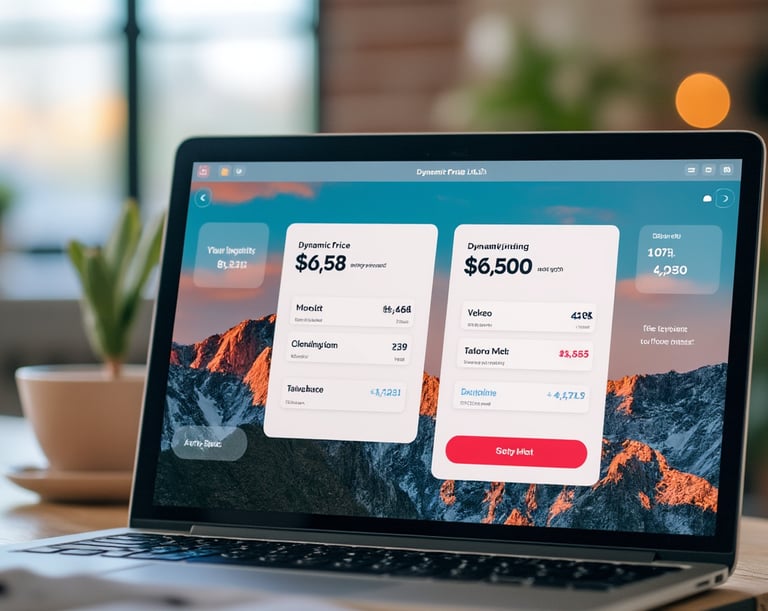

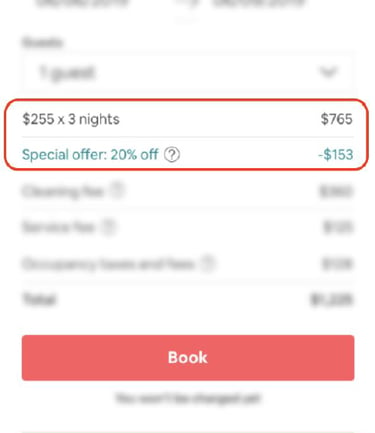

5. Instant Book - Because Who Likes to Wait?
In today's travel market, convenience is essential. Guests searching for places to stay want a smooth and quick booking experience. This is where the Instant Book feature on Airbnb becomes valuable. By enabling Instant Book for your listing, you can streamline the booking process, making it easier for guests to secure their stay and increasing your chances of getting more reservations.
What is Instant Book?
Instant Book allows guests to book your listing immediately without waiting for your approval. Once a guest selects your property and completes the booking, they can confirm their stay right away. This feature removes the need for back-and-forth communication between you and the guest, leading to a more efficient process.
Benefits of Instant Book
1. Speed and Convenience: Many travelers prefer quick decisions when booking accommodations. Instant Book meets this need by allowing guests to finalize their plans without delays.
2. Increased Booking Rates: Listings with Instant Book often see higher booking rates. When guests can secure their accommodation immediately, they are less likely to change their minds or choose another property.
3. Enhanced Guest Experience: Instant Book contributes to a better overall experience for guests. Knowing they can instantly confirm their stay makes them more confident in their choice, which can positively influence their stay and lead to better reviews.
4. Attracting Last-Minute Travelers: Last-minute trips are common, whether for business or leisure. Instant Book makes your property appealing to these travelers, allowing them to secure a place to stay without hassle.
5. Reduced Hassle for Hosts: Instant Book simplifies the booking process for you as a host. You won’t have to spend time managing booking requests, which allows you to focus on preparing for your guests.
How to Set Up Instant Book
To enable Instant Book, go to your Airbnb listing settings and toggle the Instant Book option. You can also set specific requirements for guests, such as needing a verified ID or a positive review history.
Setting Guest Requirements
While Instant Book allows immediate bookings, you can still set requirements for guests:
- Profile Verification: Require guests to have a verified profile with a government-issued ID to enhance security.
- Positive Reviews: Consider setting a minimum number of positive reviews for guests, ensuring they have a history of being respectful.
- Limit Instant Book to Certain Dates: You can choose to enable Instant Book for specific dates or periods when you prefer quicker bookings.
